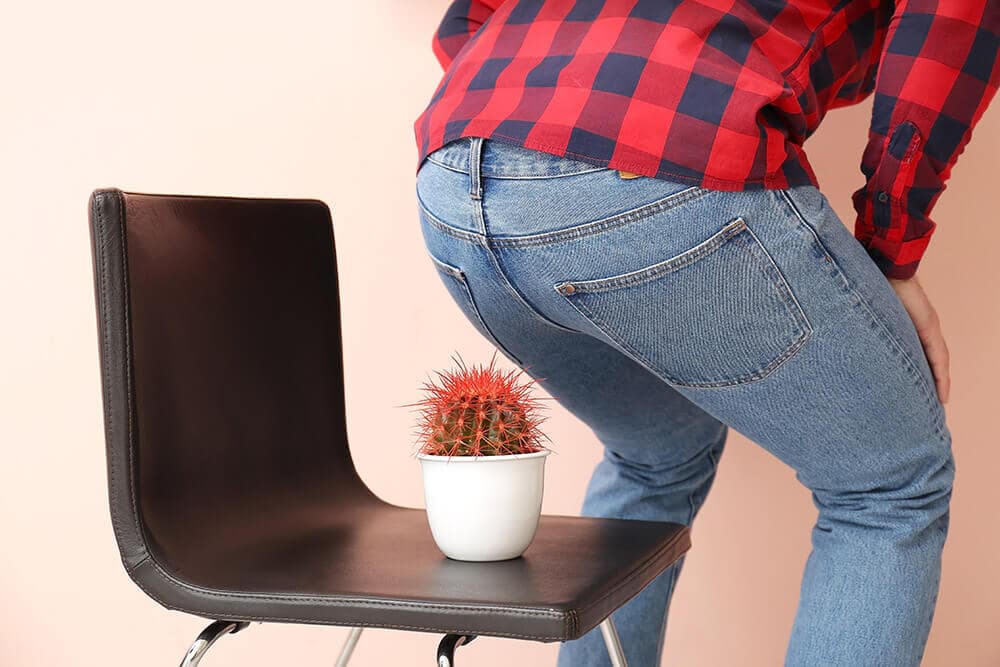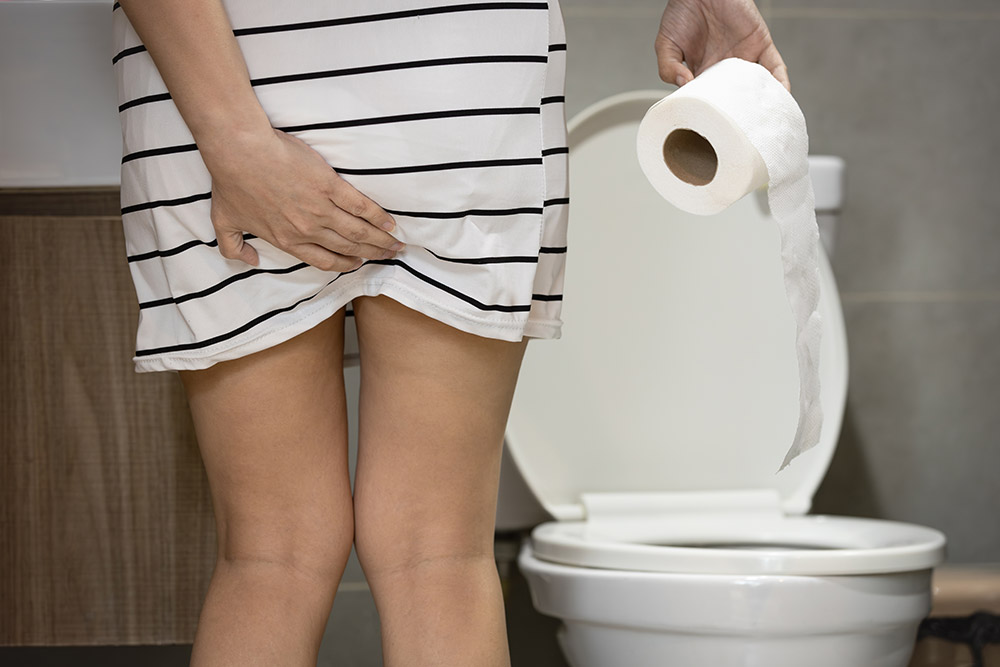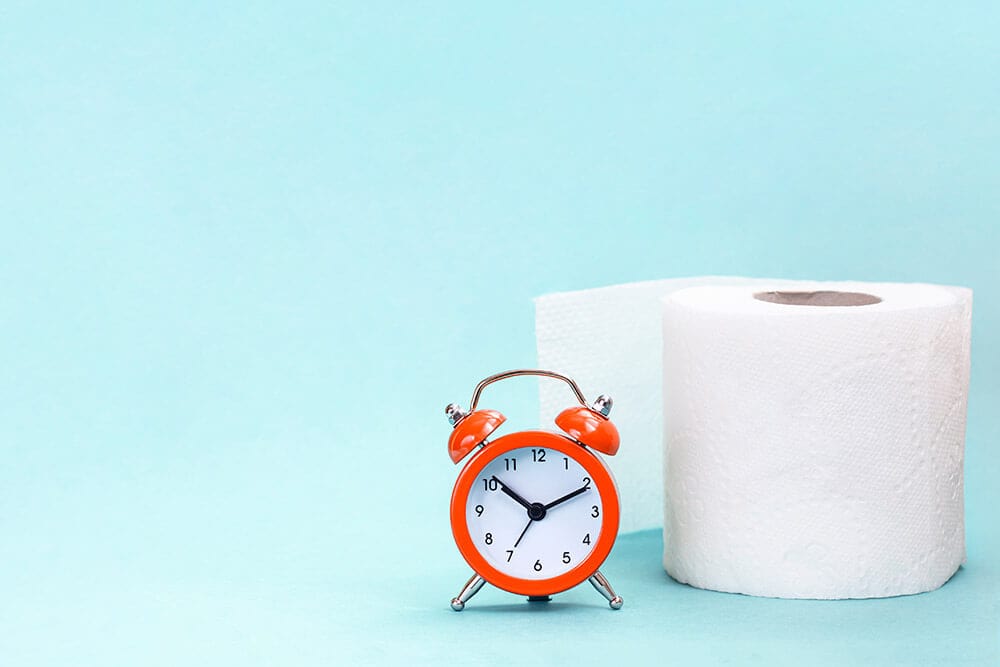What Are Anal Fissures?
An anal fissure is a small tear or crack in the lining of the anus. It often causes sharp pain and bright red bleeding during bowel movements.
Common Causes and Risk Factors
- Hard or large stools due to chronic constipation
- Frequent diarrhea irritating the anal skin
- Straining during bowel movements
- Trauma from childbirth or other anal injuries
- Inflammatory conditions such as Crohn's disease
Signs and Symptoms
- Sharp, burning pain during and after bowel movements
- Bright red blood on toilet paper or in the stool
- Visible tear or crack near the anal opening
- Itching or irritation around the fissure
- Formation of a small lump or skin tag at the tear
Expert Treatment for Anal Fissures by Dr. Bharat Pothuri
Dr. Pothuri uses a step-by-step approach:
Medical History and Physical Exam
He reviews your symptoms-pain, bleeding, bowel habits-and asks about risk factors such as chronic constipation, diarrhea, childbirth or prior anorectal issues.
Visual Inspection and Digital Palpation
A careful external exam checks for visible cracks, skin tags or signs of spasm. A gentle digital rectal exam evaluates sphincter tone and locates the fissure.
Anoscopy
Using a low-pressure anoscope, he inspects the anal canal lining directly to confirm the fissure, assess its depth and rule out other conditions like hemorrhoids or tumors.
Advanced Testing (if needed)
- Anal manometry to measure resting sphincter pressure when muscle spasm is suspected.
- Endoanal ultrasound to evaluate sphincter integrity in chronic or recurrent cases.
Frequently Asked Questions
Can anal fissures heal without treatment?
Mild fissures often heal with diet changes and sitz baths. See a doctor if pain or bleeding lasts more than two weeks.
Are fissures related to hemorrhoids?
Yes. Both can cause pain and bleeding, but treatments may differ. Dr. Pothuri checks for both conditions and tailors your care accordingly.
Why do fissures itch after healing?
Itching occurs as new skin grows. Gentle cleaning, warm sitz baths, and fragrance-free creams help relieve irritation.
When do fiber supplements start working?
Most patients notice softer stools and easier bowel movements within 3-5 days of starting supplements like psyllium.
Is surgery the only option for persistent fissures?
No. Chronic fissures often respond to Botox injections. Surgery (lateral internal sphincterotomy) is reserved for cases unresponsive to other treatments.
Can pregnant women get anal fissures?
Yes. Hormonal changes and childbirth increase risk. Dr. Pothuri offers safe, effective treatments for expectant mothers.












